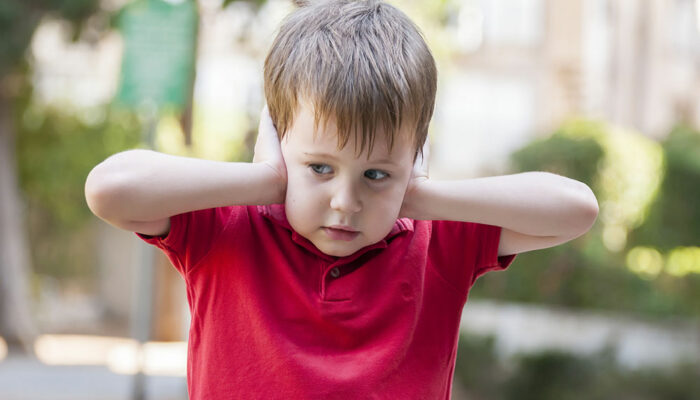7 early warning signs of autism in children

Autism spectrum disorder (ASD) is a condition that usually affects a child’s ability to communicate and socialize, thus impacting their growth. Some children may show signs at the age of around 18 months to 3 years, while some symptoms may not show up until kids start attending school. Various factors like premature birth or a family history of the condition can lead to developing autism. Some common warning signs of the condition are listed below.
Early warning signs of autism
It can sometimes be challenging for parents or caregivers to detect ASD in kids. The symptoms differ from person to person, and some may not seem serious enough to warrant more attention than usual childish mischief. But it’s best to be aware of the common warning signs listed below.
Lack of joint attention
Joint attention can be defined as one’s ability to look back and forth between objects, people, or events quickly. Usually, by the age of 12 months, parents can grab the attention of their children, who react or mimic the parent’s reactions, for example, a smile. Kids can also look back and forth between the object and the parent. This skill enables people later to interact socially, exchange emotional expressions, and develop a bond with others. Children with ASD may find it difficult to follow moving objects, turn to the sounds to locate them or point at objects that fascinate them.
Language difficulty
Autistic children may repeat some phrases constantly and for a longer time or exhibit delayed language development.
Lack of eye contact
Kids with autism may find it hard to look eye-to-eye with other people. For example, if they want an object placed far away, they may lead their parents to it without making eye contact.
Highly sensitive
Some kids with autism may be hypersensitive to physical contact and not be keen on being held or cuddled, as that might overwhelm them. They may also be sensitive to loud noises. They may have sensory processing difficulties and resist the acts that stimulate them.
Inability to connect with kids their age
Most kids by the age of 18 months like to pretend-play, like caring for a toy baby or cooking with toy utensils. But kids with ASD may avoid such activities and find it hard to engage and connect with other kids their age. They may also be unable to process emotions and have limited facial expressions.
Regressing skills
Another sign of autism development is that a child may regress or stop the progress of a skill they were once well-versed with. It can include social gestures like waving, pointing, speech, or babbling.
Temper tantrums
Some autistic children may throw repeated tantrums at little changes in their routine or show an obsessive interest in something.
Parents concerned about their kid’s developmental abilities are advised to consult a professional, like a speech therapist, a child psychologist, or a pediatric neurologist. Getting timely and early treatment for autism can help the kid develop the required skills.





